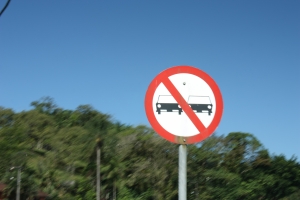Amazon has implemented an interesting sales and use tax strategy over the past few years. The battle between the online juggernaut can be best exemplified in California. In 2011, California attempted to force Amazon to collect California sales and use tax. Amazon called California’s ultimatum by threatening to pull any ties with California which would cost thousands of jobs. On second thought, California agreed to not force Amazon to collect sales and use tax until September 2012 in exchange for a promise by Amazon to open numerous distribution facilities, which would increase job opportunities in the state.
Putting personal feelings and constitutional implications aside, the move makes sense from both sides. California has the highest statewide sales tax rate of about 7.5%, and many localities have an additional .91%. However, in a time of recession, what can be more valuable to a state’s economy than thousands of jobs? Opponents of the settlement will remind us that it is not fair to have special rules for online retail giants like Amazon.
Despite what anyone thinks of the agreement, it was announced that Amazon opened yet another distribution center in Moreno Valley at the end of October, 2013. The fourth Californian facility encompasses some 1.2 million square feet. In addition, the facility will house an estimated 1,000 full time workers. This facility brings Amazon-related jobs to about 2,400 in California. In total, Amazon pledged to spend in the neighborhood of $500 million and create 10,000 jobs by 2015.
 Multi-State Tax Law Blog
Multi-State Tax Law Blog


 The Empire State has grown tired of chasing tax delinquents and Governor Andrew M. Cuomo is leading the charge. Put into law as part of the executive budget, New York believes this initiative will increase collection by about $26 million this year. The Governor was quoted as saying:
The Empire State has grown tired of chasing tax delinquents and Governor Andrew M. Cuomo is leading the charge. Put into law as part of the executive budget, New York believes this initiative will increase collection by about $26 million this year. The Governor was quoted as saying: